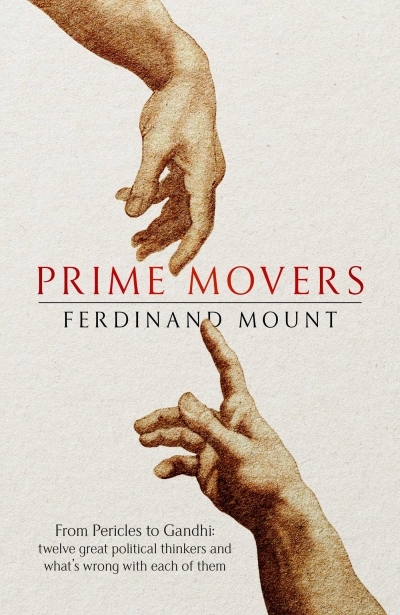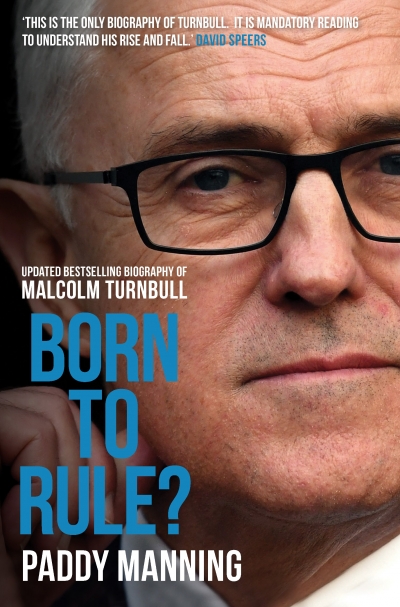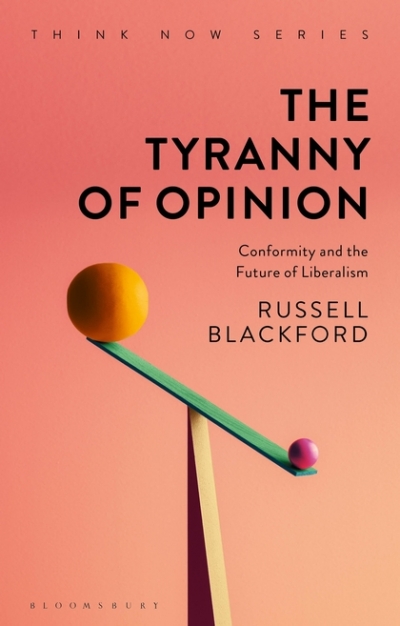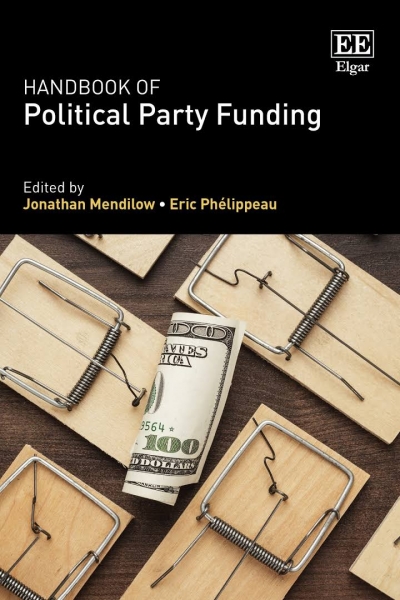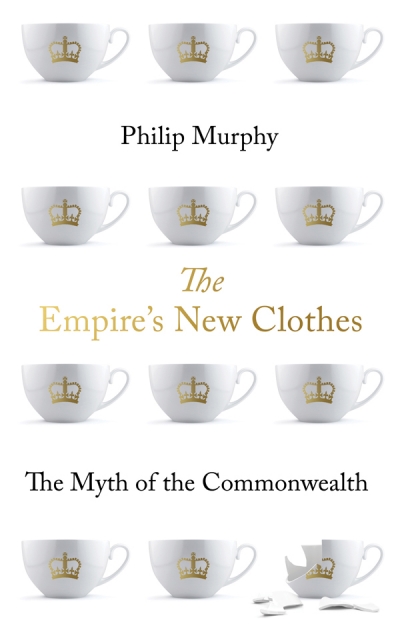Politics
Political Troglodytes and Economic Lunatics by Dominic Kelly & Rise of the Right by Greg Barns
In the last four decades, a shift has occurred away from the post-World War II consensus around the role of the state. Conservative parties dominated by neo-liberal agendas have surged, assisted by the abandonment of progressive politics by centre-left parties such as Labour in the United Kingdom, the Democrats in the United States ...
... (read more)Prime Movers: From Pericles to Gandhi: Twelve great political thinkers and what’s wrong with each of them by Ferdinand Mount
Describe the twelve most influential thinkers who shaped Western political traditions. Chaos must ensue. Your list will be outrageous, but mine also. Consider whom you leave off the roll-call. Just one woman. No one from Africa or Asia. Only Jesus to represent millennia of Jewish thought ...
... (read more)Whiteshift: Populism, immigration, and the future of white majorities by Eric Kaufmann
In the wake of the unexpected Brexit and Trump votes in 2016, academics and commentators have been scratching their heads trying to work out what these extraordinary events represent. The dominant narrative is that in the wake of recession and financial crisis, those doing it tough have punished the political élites ...
... (read more)Trigger Warnings: Political correctness and the rise of the right by Jeff Sparrow
Whatever benefits it has brought, aggressive globalisation has also dislocated industries, wrecked communities, and fostered social alienation. Large numbers of working-class, blue-collar, and rural voters (these categories overlap) feel abandoned, anxious, and economically insecure, even when they have ...
... (read more)Future generations of readers will invariably look back in awe at the second decade of twenty-first-century Australian politics for its ridiculous revolving door of prime ministers. Personal and journalistic accounts of this rare instability – Australia had six prime ministers between 2010 and 2018 – have certainly proved a publishing bonanza ...
... (read more)The Tyranny of Opinion: Conformity and the future of liberalism by Russell Blackford
Recently I was speaking with a friend about the impact of the #MeToo movement on gender politics and the implications for male academics. He suggested that there are only two speaking positions for men. The first is as a cheerleader from the sidelines. The second is as a critic, offering challenges or raising questions ...
... (read more)Handbook of Political Party Funding edited by Jonathan Mendilow and Eric Phélippeau
At its best, political science research is empirical, systematic, comparative, and provides cogent and durable explanations – not just descriptions – of political behaviour wherever it is observed. What a pity then that the Handbook of Political Party Funding, for all its strengths in these areas ...
... (read more)Back from the Brink, 1997–2001: The Howard Government Volume II edited by Tom Frame
Back from the Brink is the second volume of a projected four-volume series that investigates the performance of the four Howard governments (1996–2007). The first dealt with the Liberal– National Party coalition’s election in 1996 and their first year in power. The work under review focuses on the period from ...
... (read more)The World As It Is: Inside the Obama White House by Ben Rhodes & Yes We (Still) Can: Politics in the age of Obama, Twitter, and Trump by Dan Pfeiffer
Gareth Evans diagnosed the affliction of leaving government as relevance deprivation syndrome. For those who worked in the Obama administration, leaving the White House must have presented deeper maladies: the bewildering success of a reviled political opponent and a profound sense of missed opportunities. Two recently released memoirs by former Obama staffers grapple with this reality in very different ways.
... (read more)The Empire’s New Clothes: The myth of the Commonwealth by Philip Murphy
When I went to live in London in 1970, the dissolution of the British Empire had yet to reach its final stages. (While Fiji became independent that year, Hong Kong would not be transferred to China till 1997). The Commonwealth seemed like a glorious roseate hue ...
... (read more)

